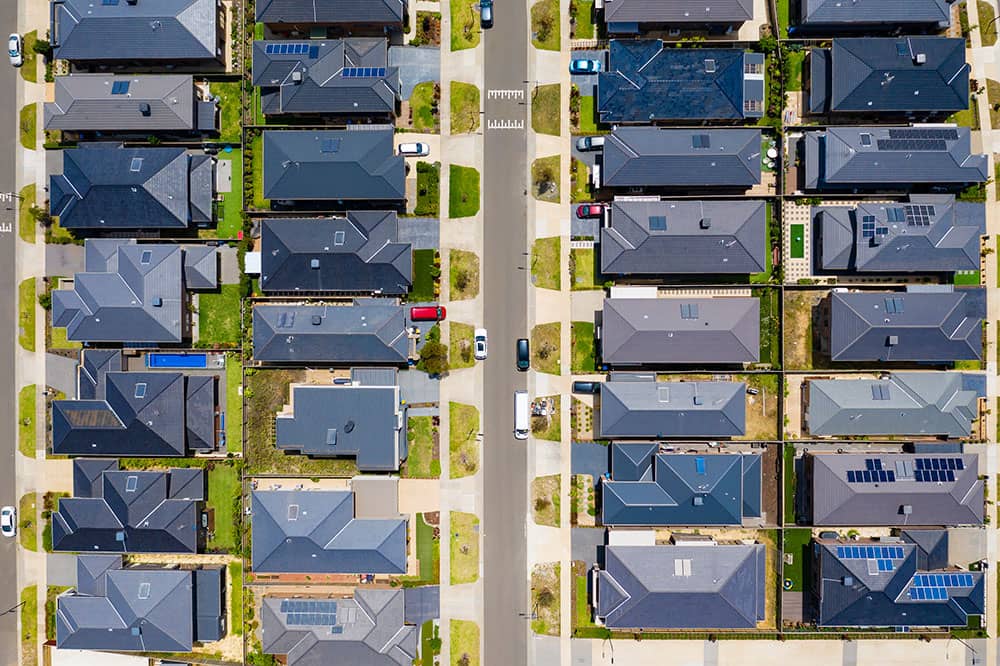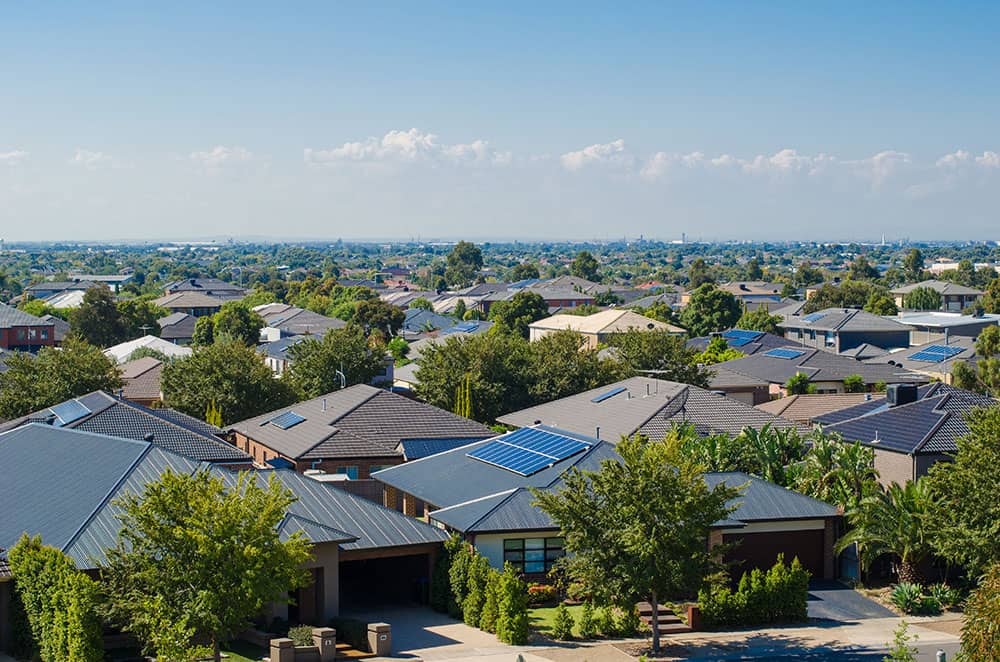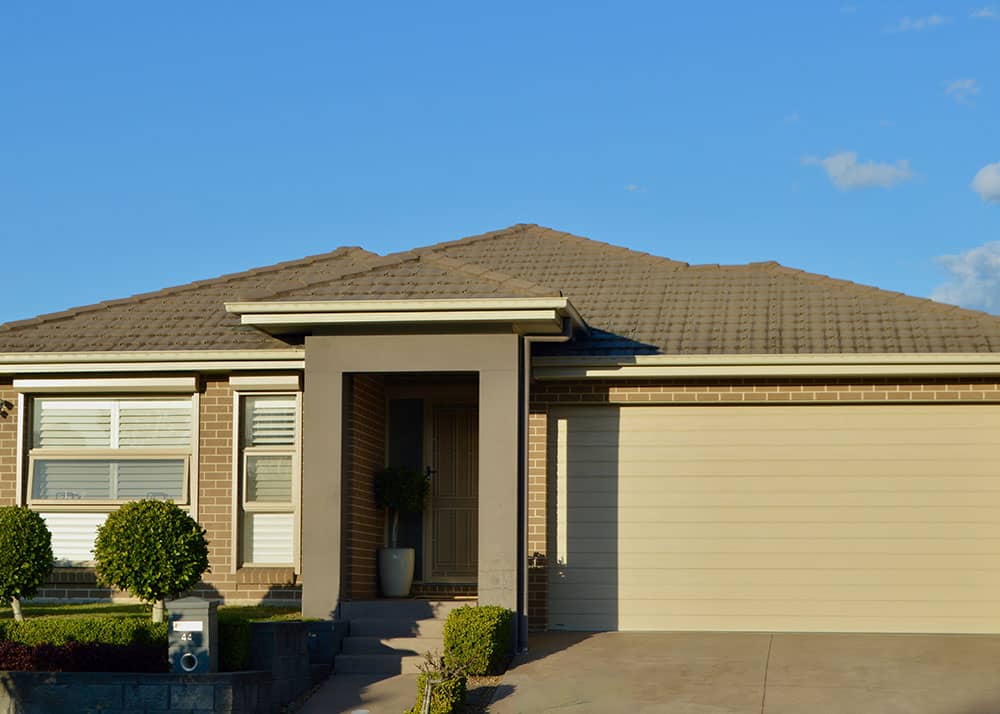If you’ve been considering investing in a Defence Housing Australia (DHA) property, you most likely heard about the activity’s upsides and downsides. Before delving into DHA, or any investment for that matter, it’s essential to separate fact from fiction.
At R&W Investment Sales, we want to bring you accurate knowledge, fact-based information & resources so you can make informed decisions and avoid potential DHA investment pitfalls.
With that said, here are seven widely-held DHA myths and misconceptions that need debunking:
-
Only Australian Defence Personnel Can Buy or Invest in DHA Properties.
If you go to the official DHA website, it immediately states its main purpose, which is to provide housing for Defence members and their families. But that is not to say that non-defence personnel are exempt from buying, leasing, and investing in DHA housing opportunities. It’s a common misconception that these homes are only for the military.
Any one can buy a DHA leased property. You will, however, need to have pre-approved finance
-
You Cannot Secure a Loan to Purchase a DHA Property.
Speaking of banks, taking out a loan for a defence property is difficult. In reality, banks are simply reluctant to lend buyers of defence force homes, even though these properties promise guaranteed rental income. One reason is that lenders prefer vacant properties for sale, as they tend to have all tenanting arrangements terminated.
Additionally, DHA properties are often sold to investors rather than individuals or families wanting to live in a home, typically due to the long-term leasing arrangement. There are also a number of restrictions on the DHA property, which can result in a more extended selling period, effectively reducing its marketability.
However, it does not mean you cannot find lenders favouring DHA housing. Many mainstream banks and independent lenders are willing to give DHA buyers a loan provided that they meet their borrowing criteria.
-
DHA Properties are Overpriced.
If you have looked into DHA prices and compare them to standard houses, you will see that some are indeed more expensive than similar properties in the market. This is not true, though. The prices are based on the current market value. DHA homes also undergo regular valuations, causing the prices to rise or fall depending on the real estate market conditions.
Perhaps the biggest indicator is the supply and demand in a given area. Pricing is generally fair if you plan to buy a mid-lease property, such as when you purchase with R&W Investment Sales or through other private sales agents. In fact, the home is sold like any other, including the price. If overpaying for DHA housing is one of your biggest concerns, the solution is to have a private sales agent help you.
-
Management Fees are Too High.
Investing in DHA does have a service fee, which is either 15% if you have a freestanding home or 13-15% if it is with a body corporate. Although the percentage may look unfairly high, it comes with a range of benefits, making it a reasonable cut. This statement is especially true if you compare it to traditional real estate investment, which typically has a higher management fee.
The DHA fee already includes certain services that can help make property ownership less of a headache. For example, it comprises property care, such as the following services:
- Vacancy management to ensure the property remains occupied throughout your lease term
- Non-structural repair costs
- Like-for-like replacement of appliances, except those due to wear and tear
- Lease end repair, including professional cleaning
The rates compensate for the no-vacancy period, as well as the services mentioned above. If you would like to learn more about other inclusions under the service fee, click here.
-
The DHA Pays for All the Maintenance Costs.
One myth that may not be to your advantage as an investor but is still important to recognise is the reality that the DHA will not cover 100% of the maintenance costs. Regardless, the DHA undertakes most of the maintenance responsibilities. As mentioned above, most non-structural repair is covered. The DHA will also take care of fixed appliance replacements with some exceptions.
However, as with any property investment, landlords or investors remain responsible for many maintenance costs, including maintaining:
- Insurance cover
- Water, gas, electricity, and other essential services
- Major landscaping
- Other repair work is covered by a warranty held by the investor
Your Property Care Contract comprehensively describes all DHA services and exclusions. You will be contacted if any needed repairs or maintenance work falls under your responsibility.
-
Rental Income is Low and Also Not Guaranteed.
You may have been told that rental yield is low with a DHA investment, which is why traditional housing is a better option. That cannot be further from the truth. Aside from guaranteed rental returns, meaning you receive rent whether there is a tenant or not, the rents are reviewed regularly – usually every year. That way, they can be adjusted to ensure the pricing meets the current market.
Another excellent benefit is that your rental yield stays within the amount it started from and never below. In other words, the rate will not drop even if the market rate is lower. This gives you an extra layer of security, which you cannot get from a traditional real estate investment.
-
DHA Only Offers Cookie Cutter Houses.
One thing that prospective investors believe about DHA properties is that they are cut from the same mould. Here’s the good news. Some houses may look identical, but the DHA offers a variety of housing options. You can even find townhouses and apartments, apart from houses, to cater to diverse preferences.
-
You Can Only Find DHA Properties in Remote Locations.
Here’s a popular myth that we have heard many people talk about. While it is true that you can find many homes situated in rural and remote areas, there are actually quite a number in several desirable locations.
Tenants these days are discriminating when it comes to their rental homes. They want to live close to schools, shops, and parks. They also choose places where they can easily access various transport options. For this reason, DHA properties are in major capital cities, regional centres, and within communities where the Defence Force has a prominent presence.
-
You Cannot Sell When Under a Lease Agreement.
Let’s debunk this myth quickly. You can sell a DHA property anytime you wish, even during the lease period. Of course, there are restrictions involved in but the most significant is to ensure the lease remains in place with the new owner. The buyer should understand that the agreement with the DHA stands despite the change in ownership.
We hope that we’ve managed to settle a few DHA myths, being experts in Defense housing sales, we believe we can help you get into investment and find the right property. The above should be seen as a rough guide, but all investment involves risk and DHA invesment is no different.
It’s important you seek professional financial advice to ensure that you are prepared for a number of potential outcomes.
Once you’ve done your homework and spoken with a financial advisor, we can help you find the right DHA home for you!




